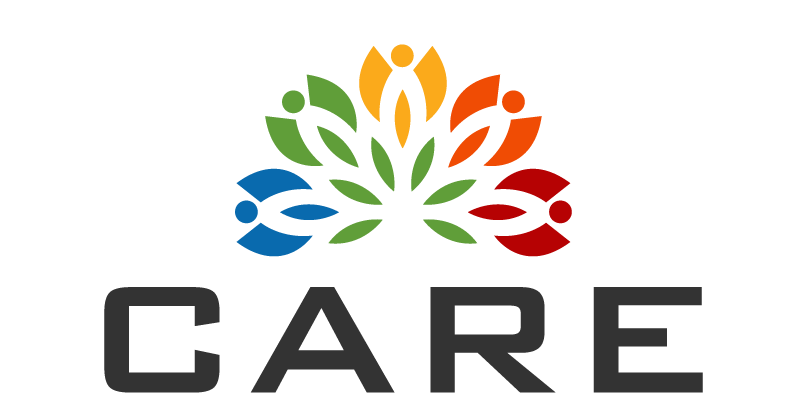Rachel Nam's Story
A love story of motherhood tested by Alzheimer’s
My name is Mi-kyung, last name Nam. I was born in Seoul, South Korea and grew up in a conservative Christian household with four older sisters and one younger brother. I moved to the United States when I was 23 and have been living here for almost 30 years now. I met my husband in the United States at church and we got married when I was 25. I am now 54 years old and have two grown children. I work at my local church as a deacon.
My mom started to show signs of dementia when she was 60 years old. Our family noticed things were off, but we just thought they were due to old age. I left for the United States when my mom was 70. Within a year, my dad told me that something was definitely wrong because she would forget the way back home. Our family took her to the hospital right away and she was diagnosed with Alzheimer’s. Her behavior was still normal - she could talk to and recognize family members, but the doctors said that there were definite signs of Alzheimer’s and that we should send her to therapy to slow down the progression of the disease. In therapy, she would sing songs, paint, and socialize with other people and do other activities. She would go every day from 9AM to 1PM. At this time, I really did not know much about dementia at all. I had always thought that forgetfulness was just associated with age, somehow.


My mother was a very smart person. She had a quiet strength about her, and she was also very meek. It was very interesting to see her that even in the very advanced stage of Alzheimer’s, her demeanor did not change much. Slowly but surely, I became the one taking care of her and making sure she was OK, instead of the other way around. I knew her Alzheimer’s was very advanced when she would see me, smile like she recognized me, and then go back to not really knowing who I was. She would usually cry when I left for home as if she knew her daughter was leaving.
My family and I had to cycle my mother through various hospital networks and nursing homes before settling on a good hospital. We had the usual struggles that any family would deal with: arguments between family members for what the best treatment for her would be, uncomfortable discussions about financial contributions to support her treatment, etc. In the end, we were always able to bring the focus back to the well being of our mother. My younger brother and father mostly took care of her in Korea, but I would constantly be in contact with them and the hospital workers. Thankfully, my husband and I were able to support them (my brother and father) financially. My sister and her family would also help support them financially. The hospital workers were also very much involved with us.


I was more of a secondary caregiver; I would visit Korea once a year and stay for a month each time to take care of my mother. It was not hard work, considering that I would check up on her over the phone when I was in the U.S. for most of the year. However, seeing her mental decline was heartbreaking and had a heavy emotional and mental toll on me. Her eyes lit up when she saw me at the hospital. She acted like she recognized me by talking to me, but she would always go back to not recognizing me. When I said bye, she cried. I honestly don’t like talking about my mom’s struggles to my family, but when the topic does come up, I don’t avoid it and I have an open and honest conversation with anyone in my family. I haven’t had the chance to talk much about dementia with people outside my immediate family. Research informed my family and I about what the best course of action for my mother was. The hospital workers were all qualified to get to mind my mother’s health care situation and treatment. So we made ourselves available to help in any way. Research can also be useful for future generations who will, unfortunately, develop dementia. Hopefully, their treatment will be more effective and will be able to delay dementia better than the treatment my mother received so many years ago.
